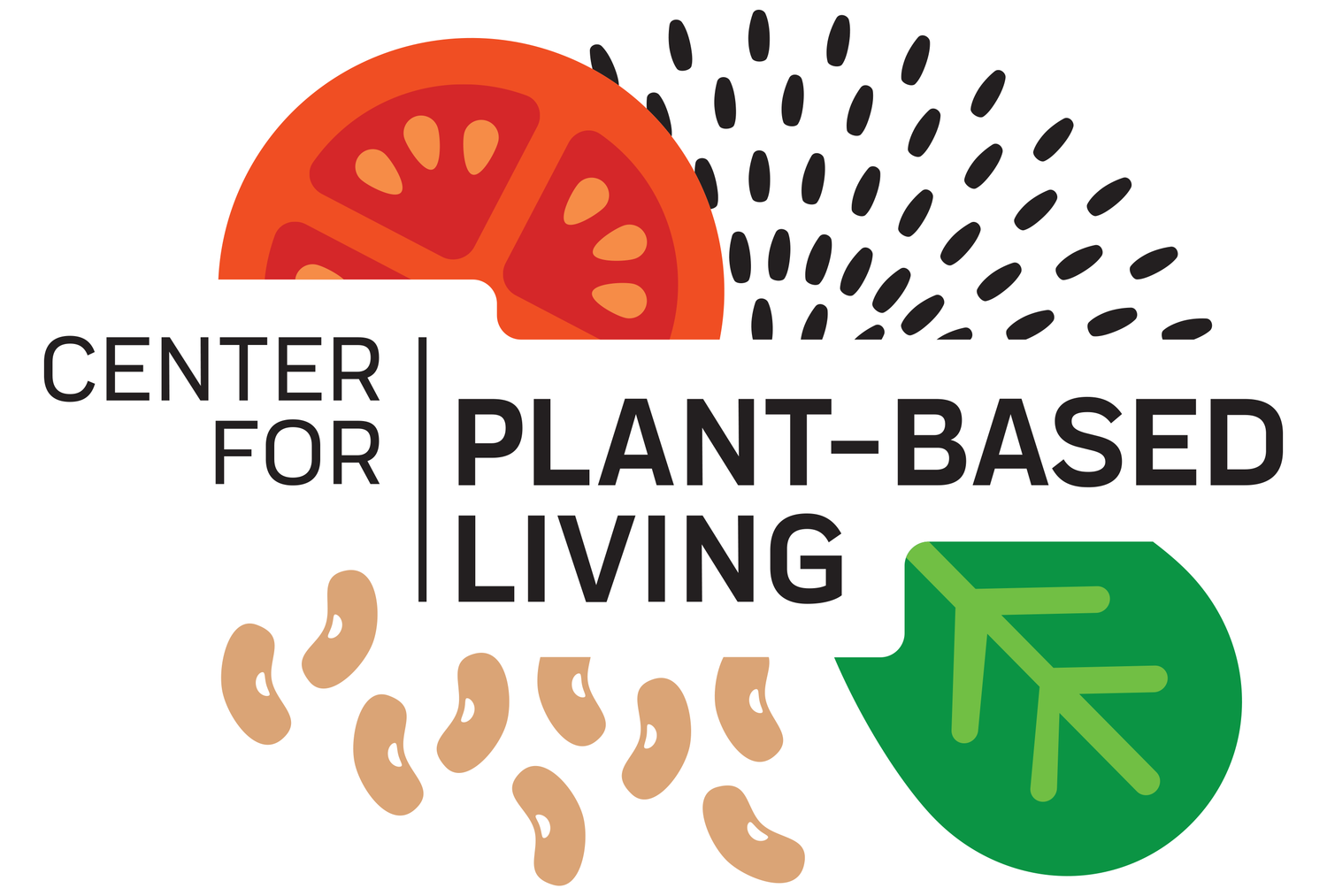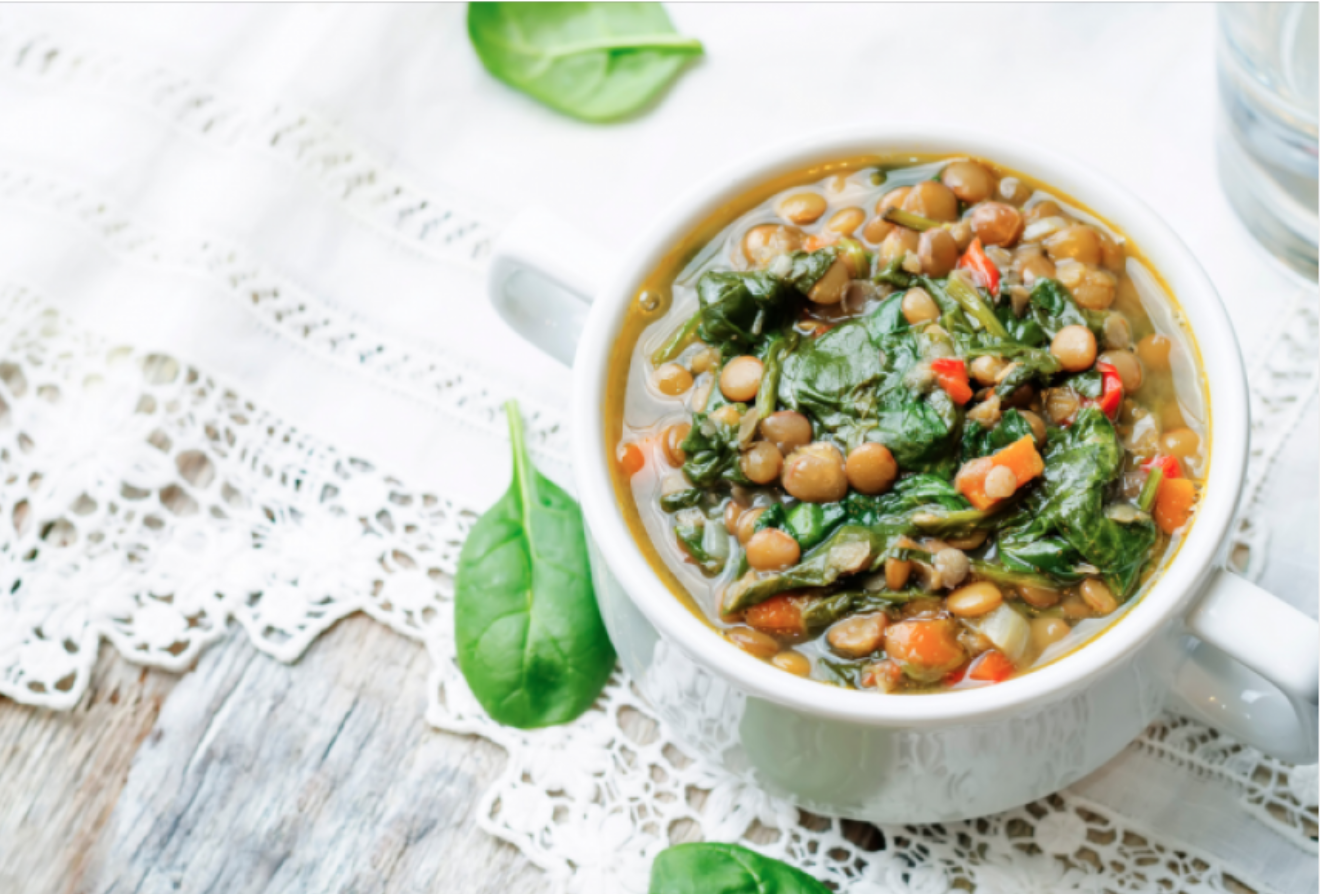HOW TO GET ENOUGH PROTEIN ON A PLANT BASED DIET: THE DOC AND CHEF SHOW EP. 1
HOW TO GET ENOUGH PROTEIN ON A PLANT BASED DIET
One of the most common nutritional misperceptions is that if you follow a plant-based diet, you can’t get enough protein. But guess what, plants have protein! Few nutrients are as important as protein. Not getting enough of it will affect your health and body composition.
WHAT IS PROTEIN, AND WHY IS IT IMPORTANT?
Proteins are the main building blocks of our bodies. They’re used to make bones, muscles, organs, tendons, and skin, as well as enzymes, hormones, and transport molecules. Because our bodies are constantly wearing down and using up things like enzymes and hormones, we must ingest protein to survive. That’s how you build muscle after going to the gym.[1]
HOW MUCH PROTEIN DO WE NEED?
Most official nutritional organizations recommend that the average person needs 0.36 grams of protein per pound (0.8 grams per kg) of body weight a day.
This is 60 grams / day for a 165-pound person or 65 grams / day for a 180-pound person:
If you are athletic, you need more protein. For example, an endurance athlete may need about 0.55 to 0.65 grams of protein per pound (1.2 to 1.4 grams per kg) of body weight a day and a strength trained athlete may need up to may need 0.65 to 0.90 grams of protein per pound (1.4 to 2.0 grams per kg) of body weight a day.[2]
WHAT HAPPENS IF WE GET TO MUCH PROTEIN?
Despite our obsession with not getting enough protein, the average person in the US consumes TWICE as much protein as they need![3]
Unlike extra carbohydrates and fats, which we can store for future use, we can not store extra protein. Any extra protein we consume is converted to nitrogen, which is then excreted by the kidneys. So, the overconsumption of protein is associated with an increased risk for kidney disease.[4]
Also, because protein stimulates growth hormones, excess protein consumption is associated with an increased risk of cancer. In fact one study showed that for people aged 50 to 65, a high-protein diet increased the risk of cancer fourfold, comparable to the risk associated with smoking!
That same study showed that middle-age people who ate foods rich in animal proteins were 75 percent more likely to die of any cause than those who ate a low-protein diet. Interestingly, the link between high protein intake went away when the participates consumed mainly plant-based proteins. This is probably because they don’t stimulate growth factors the same way that animal derived proteins do.[5]
WHAT HAPPENS IF YOU DON’T GET ENOUGH PROTEIN?
People can become protein deficient but this is typically due to an overall calorie deficiency. Its severest form, called kwashiorkor, is most commonly seen in developing countries and characterized by swelling in the legs, loss of muscle mass and an enlarged abdomen.[6] Although uncommon in the Western world, there are some populations that may be at risk, including people who follow extreme diets, patients with prolonged chronic illness or institutionalized elderly patients.
SUMMARY
Plants have protein. You can get all the protein you need from eating pants, as long as you are consuming enough calories, even if you are an athlete. Most Americans consume too much protein, mostly from animal sources, which can increase the risk for kidney disease and cancer. Severe protein deficiency is rare in developed countries.
Check out this post for more information on how to meet your nutritional needs on a plant based diet.
[1] https://www.healthline.com/nutrition/functions-of-protein
[2] J Acad Nutr Diet 2016;116:501-528.
[3] Nutrients. 2015 Aug 21;7(8):7058-69.
[4] J Am Soc Nephrol. 2020 Aug;31(8):1667-1679
[5] Cell Metab. 2014 Mar 4;19(3):407-17
[6] https://www.ncbi.nlm.nih.gov/books/NBK507876/
RECIPE
🥦 Do you know about our STREAMING PLUS membership?
Our membership is built like a streaming service - you get a full library of plant-based cooking classes to watch whenever you want. PLUS, you gain access to upcoming interactive virtual cooking classes and a monthly accountability group call.
As a member you get:
Complete library of all past virtual classes - stream them whenever you’d like!
Free access to upcoming virtual classes
Library of easy and quick recipes: 100 and growing
Access to private Facebook group
Monthly accountability check-in and support group Zoom call with Caryn
Quarterly “Ask the Doc” call with Dr. Jim Loomis, our Medical Director
A community of support
To learn more, please visit us here.



